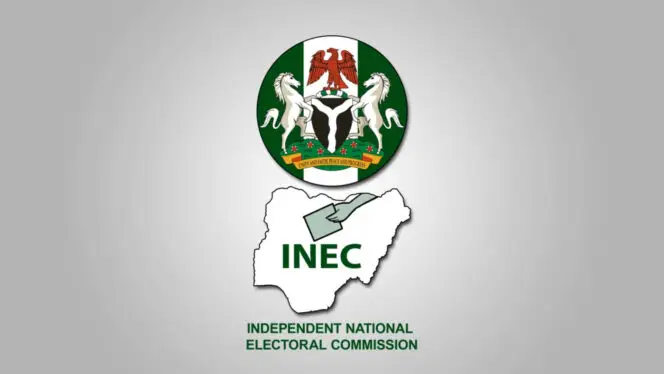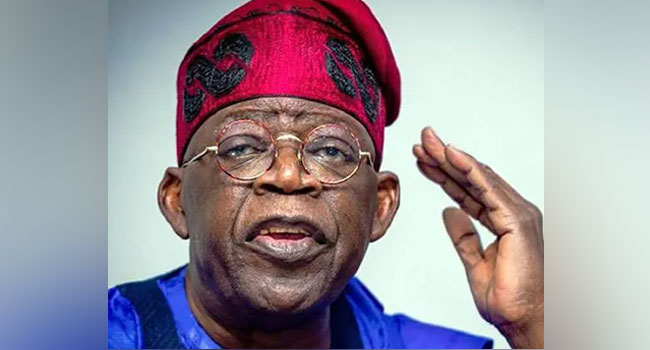UNICAL Clinical Lecturers Resume Work After 17-Day Strike Over VC Selection Bias
Clinical lecturers at the University of Calabar (UNICAL) have resumed academic and medical duties following the suspension of a 17-day strike that disrupted both classroom instruction and healthcare services at the university’s teaching hospital.
The lecturers, under the umbrella of the Medical and Dental Consultants’ Association of Nigeria (MDCAN), embarked on an indefinite industrial action on June 13, 2025.
Their grievance centered on an exclusionary job advertisement for the Vice Chancellor position, which they said discriminated against medical academics trained through Nigeria’s clinical fellowship route.
According to MDCAN, the advert issued by UNICAL’s Governing Council listed academic criteria that favored PhD-holders, thereby disqualifying clinical lecturers whose terminal qualifications are fellowships obtained through structured residency programs.
The association maintained that this oversight not only undermined the integrity of clinical education but also contravened fair representation in university leadership.
In a joint memo signed by Dr. Patience Odusolu (Chairperson, MDCAN UNICAL Chapter) and Dr. Ehiosun Aigbomian (Secretary), the group demanded the immediate withdrawal and re-publication of the vacancy notice with amended, inclusive criteria.
Until then, they vowed to continue the total withdrawal of teaching, research, and clinical services.
The strike severely impacted operations at the University of Calabar Teaching Hospital (UCTH), leading to disruptions in clinical rotations, patient care, and medical student assessments.
However, a resolution was reached on Monday after mediation efforts by the Minister of Education, Dr. Tunji Alausa. MDCAN’s National President, Prof. Muhammad Muhammad, confirmed the breakthrough, emphasizing that meaningful dialogue had led to a mutual understanding.
“Clinical medicine follows a globally recognized training path,” Prof. Muhammad said. “We don’t earn traditional Master’s or PhDs. Our route is through an intensive six- to eight-year residency programme that culminates in a fellowship which serves both as an academic and professional terminal qualification.”
He noted that this structure should not be grounds for exclusion from leadership positions, especially in institutions with strong medical faculties.
The agreement reportedly includes an assurance from UNICAL’s council that future recruitment and selection processes will be revised to reflect inclusivity and recognize diverse academic backgrounds.
The resumption of duties was met with relief across the university community, particularly among students and patients who bore the brunt of the service suspension. Medical trainees expressed concern that prolonged industrial action could have delayed their graduation and clinical progress.
The episode has renewed national discussions about equity in Nigerian higher education, particularly in professional disciplines where alternative academic routes such as clinical fellowships, bar qualifications, and professional designations are standard.
Education observers are calling on the National Universities Commission (NUC) and university senates across the country to review recruitment and advancement criteria to ensure inclusivity without compromising standards.
For now, academic and clinical activities have resumed at UNICAL, but the strike has left a lasting imprint on the broader conversation about academic recognition and leadership representation in Nigerian universities.







